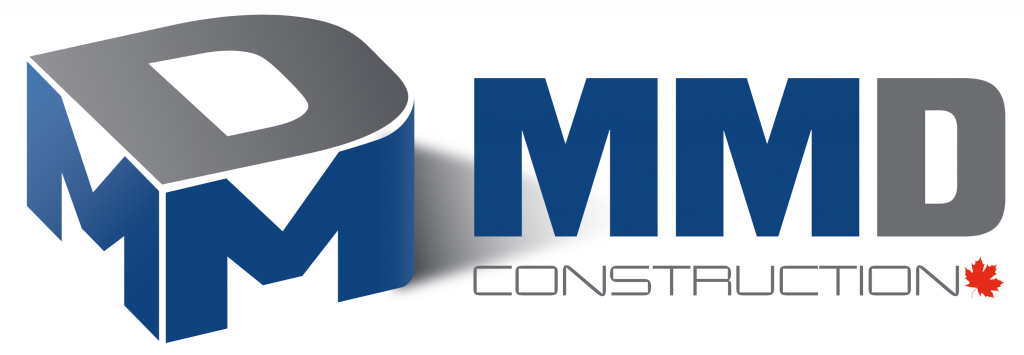Commercial sprinkler systems are an important fire safety component for businesses of all types. They can prevent the rapid spread of fire while allowing people to escape a dangerous situation. In an effort to clear up myths associated with these safety apparatus, we’ve put together a list of four facts about commercial sprinkler systems.
Sprinkler Systems Are Set Off By Heat, Not Smoke
Sprinkler systems respond to high temperatures, not smoke. So you don’t have to worry that your sprinkler system will go off if someone lights up a cigarette or burns their dinner. Once the temperature around the sprinkler head reaches 57 to 74 degrees Celsius (135 to 165 degrees Fahrenheit) a compound contained within a glass bulb rapidly expands which causes the glass to break and the water to flow. Without the intense heat, the commercial sprinkler system will not be activated.
Sprinkler Heads Function Separately
Again, because the temperature immediately surrounding the sprinkler head needs to reach a specified level before being activated, a fire in one part of the building will not cause sprinkler heads in other parts of the building to start spraying water. Sprinkler heads in cooler parts of the building will remain unaffected which greatly reduces the chances of flooding or water damage should a small fire occur.
Smoke Alarms Are Not A Substitute For Sprinkler Systems
Smoke alarms may let people know that smoke is being created, but they don’t necessarily indicate the presence of fire. Similarly, while a smoke alarm can capture attention, they don’t actually do anything to extinguish a fire. If no one is around when a fire triggers a smoke alarm, the fire will burn until it’s noticed. A commercial sprinkler system, on the other hand, will douse a fire whether anyone is present or not. For this reason a smoke alarm system is not a substitute for a sprinkler system.
Sprinkler Systems Need To Be Maintained
Neglecting to maintain a sprinkler system could result in it failing to activate if a fire actually occurs. Like any piece of machinery, a sprinkler system needs regular maintenance. Monthly inspections are necessary to ensure proper functioning of the system when called into action.




